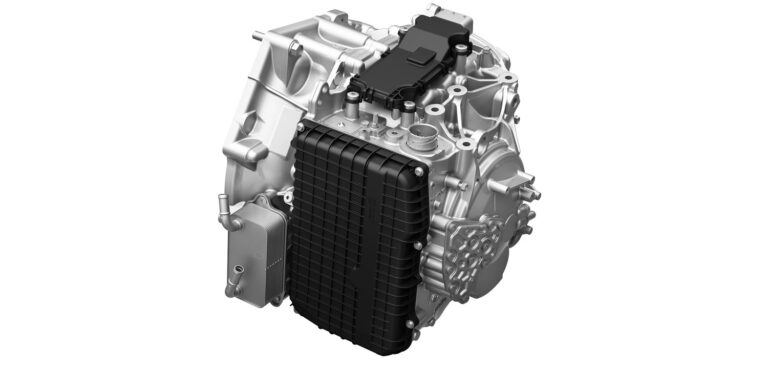For the first time ever, Japanese OEM Honda has paired an automatic gearbox to one of its diesel Civics. The 1.6-liter i-DTEC diesel model is now available with an efficient nine-speed automatic transmission
Honda has added an automatic transmission to its Civic i-DTEC diesel range. The 1.6-liter model is now available with the nine-speed gearbox, and is designed to deliver efficiency as well as impressive shifting refinement.
The engine produces 120ps at 4,000rpm and 300Nm of torque at 2,000rpm. Combined with the auto gearbox, it can power the Civic from 0-100km/h in 11 seconds, and on to a top speed of 124 mph.
With a wide spread of gears, the new transmission is developed for efficiency: the very low first-gear ratio promises a smooth and powerful launch, while a high top-gear ratio ensures low engine speed while cruising, which reduces fuel consumption and noise. This means an average fuel economy of 4.1l/km.
As well as impressive economy, under the combined cycle of the revised NEDC test, the new Civic 1.6-liter i-DTEC automatic has recorded CO2 emissions as low as 108g/km.
The spread of ratios in the gearbox also allows smooth shifts and a feeling of linear acceleration through the gears. Depending on the engine speed and throttle application, the transmission is also capable of skipping gears for quick response.
Honda’s latest 1.6-litre i-DTEC engine features forged steel pistons for reducing cooling loss and super plateau honing, which lowers the friction level between the pistons and the cylinder bores to enable smooth piston movement and enhance the long-term wear characteristics of the engine.
A revised turbocharger features a highly efficient variable-nozzle design and its rotational speed is controlled by the car’s electronics, minimizing turbo lag and providing an optimal combination of low to mid-range pull and high-speed performance.
Energy loss from the system is lower than in the previous i-DTEC, thanks to a new design of compressor in the turbocharger. All of these upgrades contribute to an improvement in fuel consumption compared to the previous generation i-DTEC unit.


